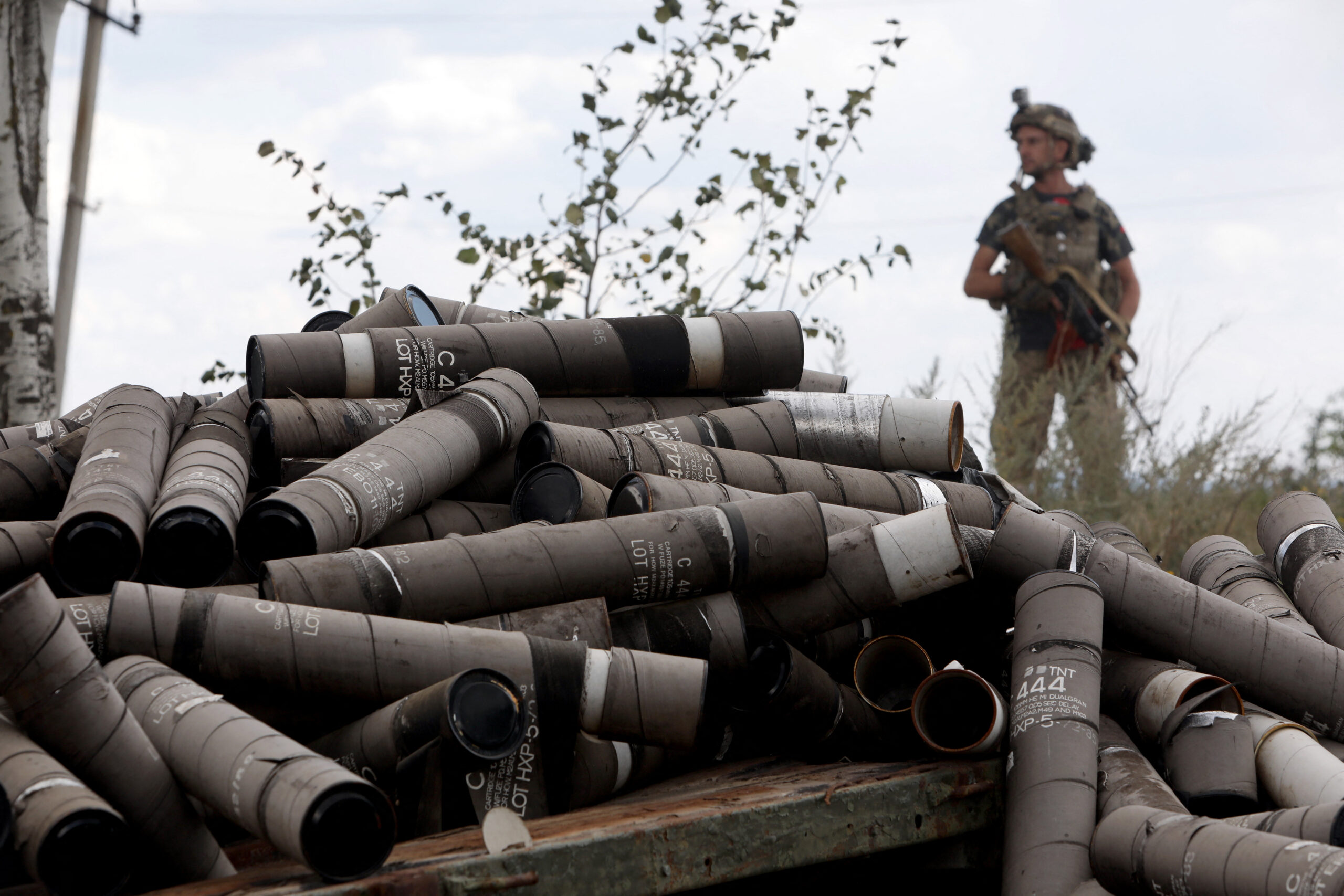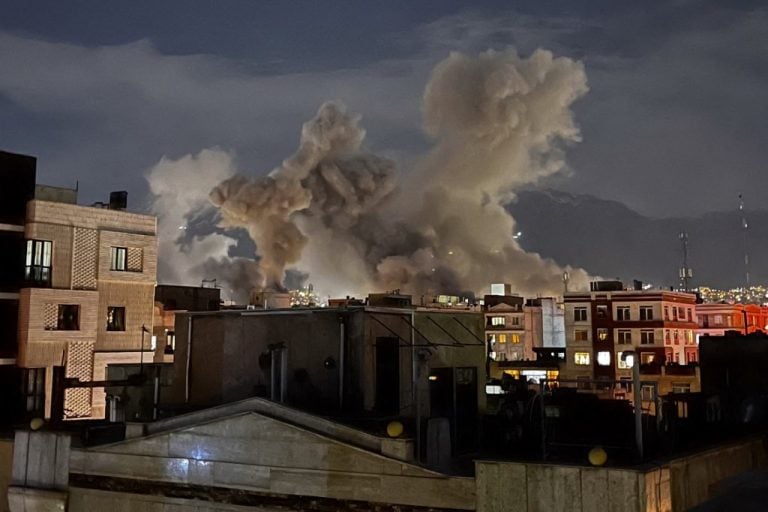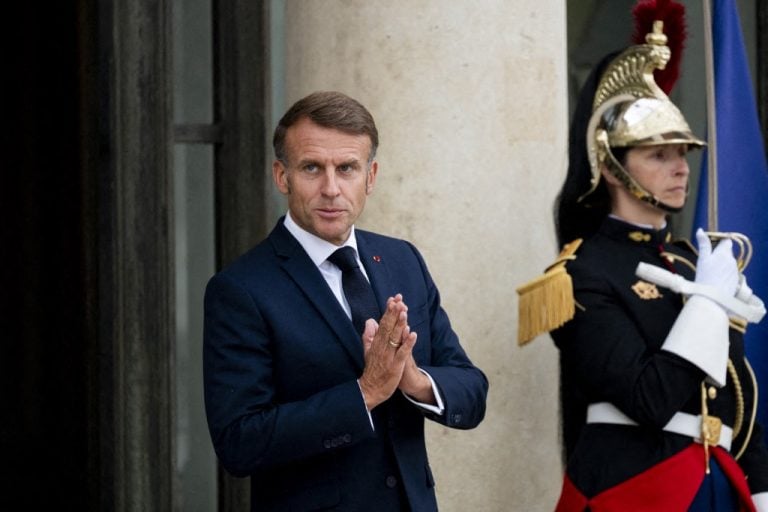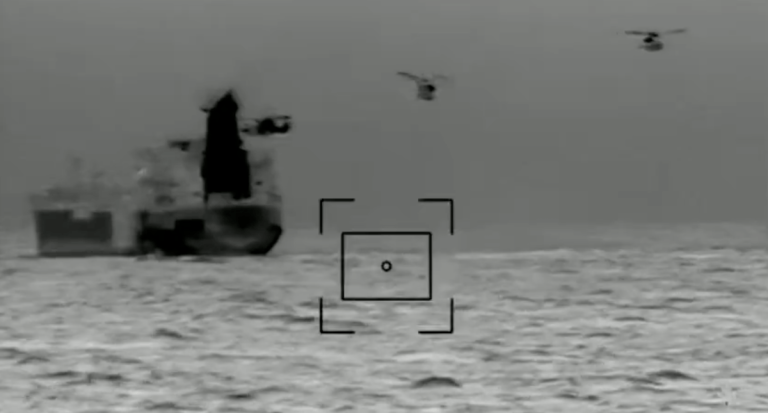In a recent televised interview, Keith Kellogg, the former Ukraine envoy under Donald Trump, underscored the need for both Ukraine and Russia to make concessions to reach a resolution in their ongoing conflict. Kellogg, a retired lieutenant general who has recently returned from Ukraine, noted that significant territorial negotiations may be necessary. He pointed out that Ukrainian President Volodymyr Zelensky has indicated a willingness to soften his stance regarding land disputes, while simultaneously emphasizing that Russian President Vladimir Putin would also need to relax his positions.
Historically, Zelensky has held a firm line against any territorial concessions, particularly regarding the areas of southeastern Ukraine currently occupied by Russian forces. However, reports of increasing battlefield losses for Ukrainian troops and concerns over the sustainability of U.S. military support are contributing to a shift in the dynamics of his stance. Meanwhile, Russia continues to demand guarantees that Ukraine will not pursue NATO membership as part of any peace negotiations.
During Trump’s presidential campaign, he promised a swift end to the protracted conflict, yet specifics on his strategy have remained vague. Recently, Putin expressed openness to peace talks with Ukraine but simultaneously rejected the possibility of speaking with Zelensky, whom he labeled “illegitimate” due to the expiration of his presidential term, a consequence of Ukraine’s prolonged martial law amidst the ongoing war.
Kellogg commented on the legal allowance for Ukraine’s martial law under its constitution, while Zelensky has countered that Putin’s unwillingness to engage in direct negotiations reflects his own fears. In a follow-up statement on Fox News, Kellogg expressed his confidence that a resolution could be achievable, emphasizing that he hoped any negotiations would unfold in months rather than years.
Since taking office on January 20, Trump has threatened to impose harsher sanctions on Russia and suggested that Zelensky is prepared to enter negotiations. As the situation unfolds, both sides are faced with the challenge of reconciling their positions in pursuit of a potential peace agreement.







